Accustomed to simple, traditional livestock farming methods, many ethnic minority households in districts and towns in general, and Ham Thuan Bac district in particular, are hesitant to raise hybrid cattle because they are unfamiliar with them and require a lot of care.
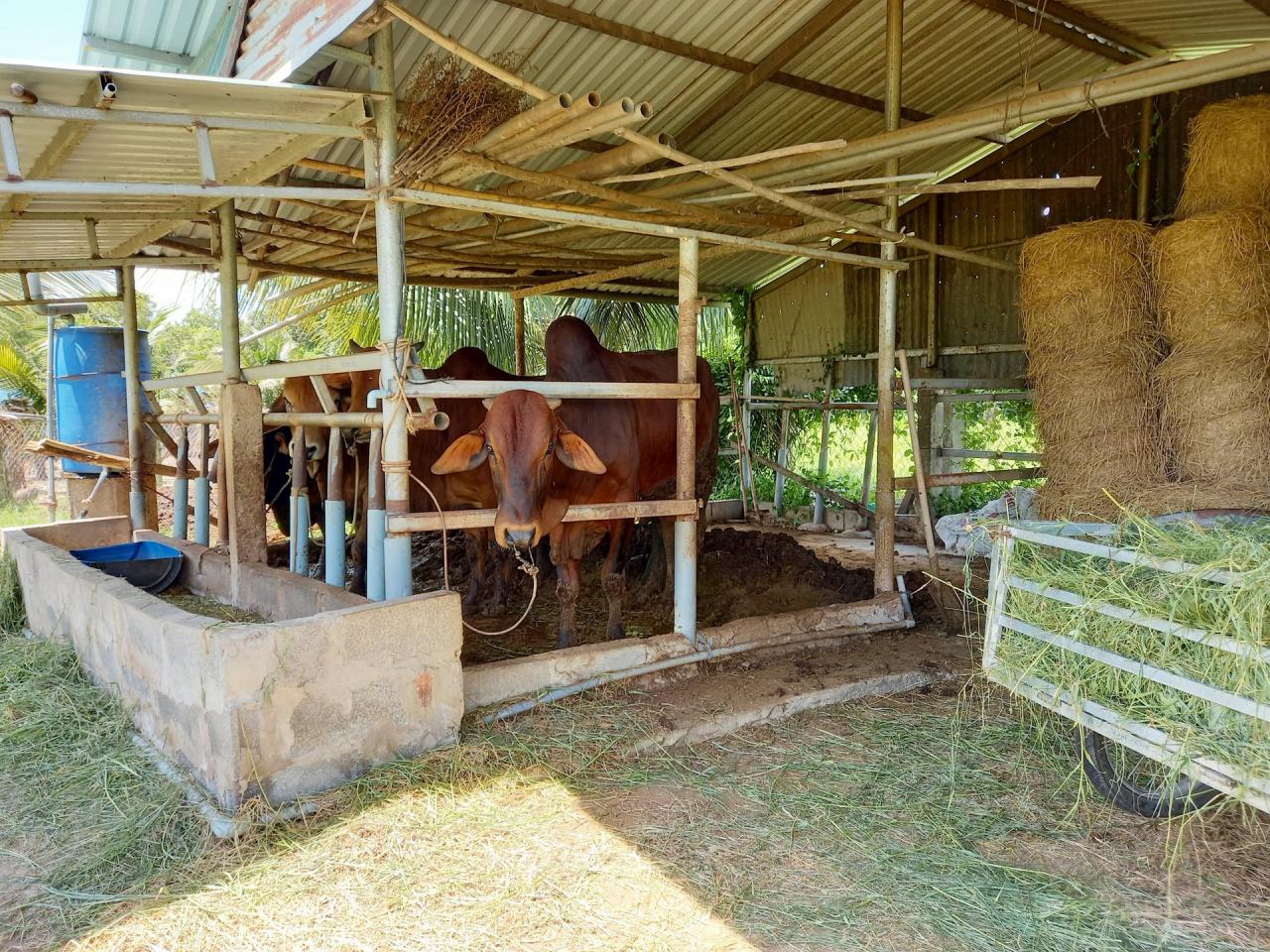
Hybrid cattle
Cattle – one of the livestock with high economic value, contributing to sustainable poverty reduction in rural areas, especially in ethnic minority regions with forest land. According to Mr. Nguyen Van Phu, who has many years of experience raising cattle in Ku Ke village, Ham Minh commune, Ham Thuan Bac district: Cattle are easy to sell and more economically beneficial, not to mention they help with plowing and hauling goods. With other livestock like pigs and chickens, they have to be sold when they are old enough, otherwise it costs money to buy feed and the meat quality is poor. With cattle, you only need to spend time cutting grass for them to eat or grazing them in the fields.
With these advantages, cattle have become the most practical livestock in the programs and policies of the Party and State, including social organizations and individuals, to care for and support poor households in ethnic minority areas. In recent years, the demand for beef has increased, and along with the development of science, many hybrid cattle breeds have been created, including the Sind crossbreed, which is now widely raised in provinces and cities nationwide. Many ethnic minority households in Binh Thuan have borrowed from banks to invest in raising cattle, hoping to change their lives. Ms. Mang Thi Yen in Ku Ke village is a typical example; in 2019, she borrowed from the Social Policy Bank under the poverty alleviation program to buy a Sind crossbreed cow. Now, after 5 years, the cow has given birth to 2 calves, but she is still not satisfied because it is... too slow.
Most farmers raising crossbred cattle find that their characteristics differ from those of native cattle (the traditional breed in Binh Thuan). Crossbred cattle require careful care, are less able to forage for food on their own, and are prone to disease, while native cattle are easier to raise, adapt well to all weather conditions, can utilize readily available feed sources and agricultural by-products, and can withstand hardship when food is scarce. “Crossbred cattle are a type of industrial cattle, requiring careful care to be economically efficient. There are many reasons for slow reproduction, including the possibility that farmers do not monitor the estrus period, allowing it to pass; and inadequate care resulting in the cattle not being vigorous,” Mr. Phu explained.
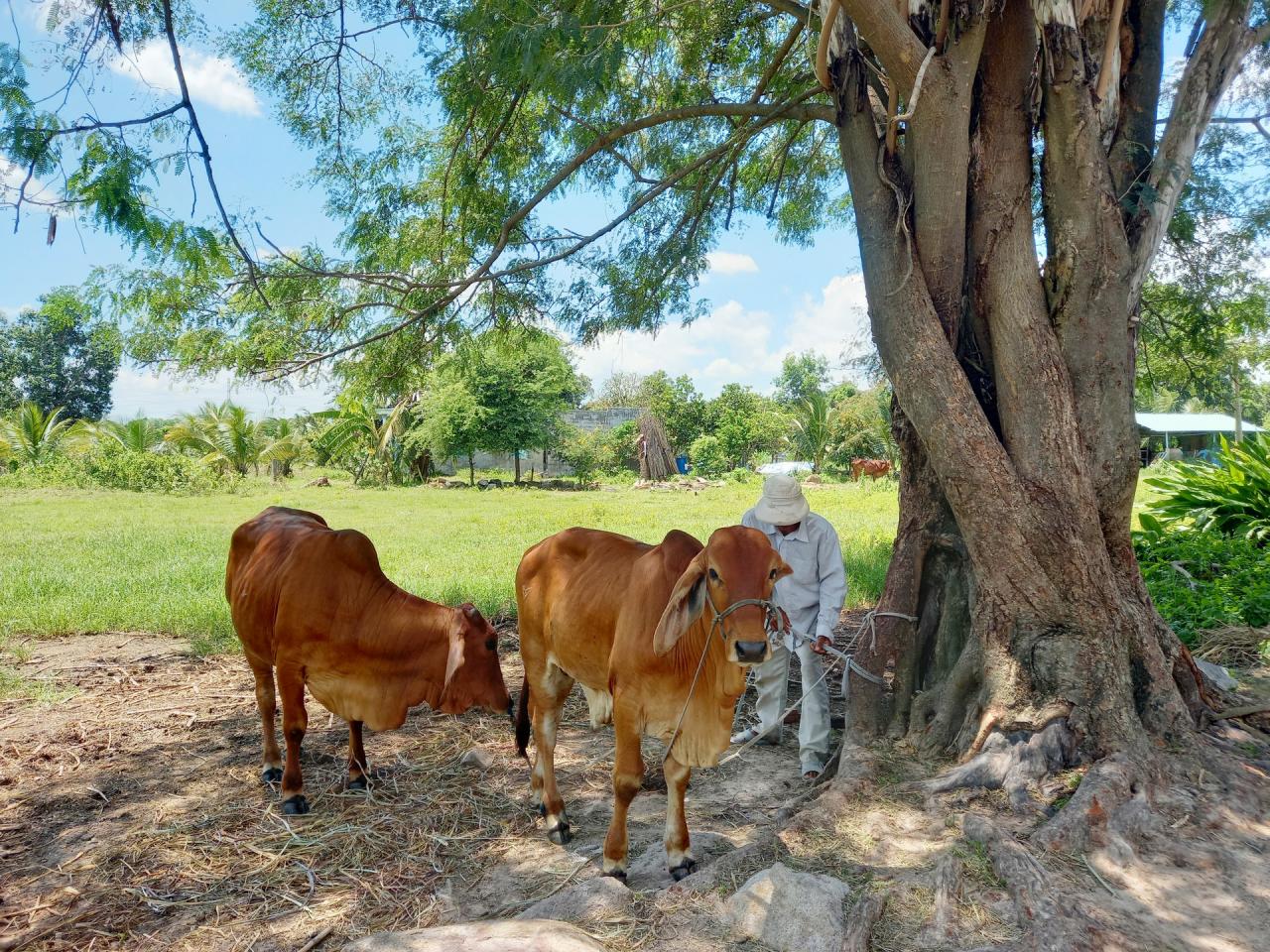
Reluctant to raise hybrid cattle
According to Mr. Phu, everything has its price. Hybrid cows sell for over 10 million VND/head when ready for slaughter, while local cows only fetch 7-8 million VND/head… However, many households are still hesitant to raise them because of their habits of going to the forest and working in the fields, accustomed to simple farming methods, such as letting them out into the forest or open fields in the morning and herding them back to the barn in the evening… “Seeing others raising hybrid cows makes me want to too, but I’m afraid I won’t be used to taking care of them, and if the cow dies, I’ll be in debt, because investing in buying a cow isn’t a small amount of money…”, shared Mr. Mang Minh, one of the households in Ku Ke village and many other places who share the same sentiment.
However, in reality, both hybrid and native cattle are the dream animals of ethnic minority people to improve their lives. The hesitation stems from difficult family economic conditions. If they had the means, they would invest in raising and caring for them based on the knowledge gained from training courses on breeding techniques for buffalo and cattle for ethnic minority households participating in poverty reduction models in particularly difficult communes under Program 135.
Mr. Nguyen Van Tan, Head of the Ethnic Affairs Department of Ham Thuan Bac District, said that for a long time, people have been accustomed to raising native cattle, and switching to raising hybrid cattle is somewhat unfamiliar. However, with the attention of the Party and the State through programs and policies to promote economic development for ethnic minority areas, the mindset and farming methods of households will change. Ham Thuan Bac District is currently focusing on linking agricultural production along the value chain… to improve crop quality. The district is also directing communes to review which poor households need support with seedlings and livestock to create a list for assistance.
Source








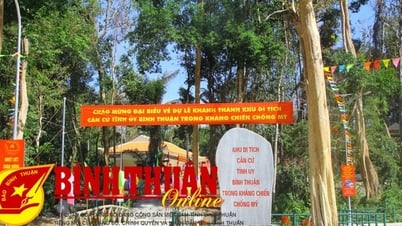









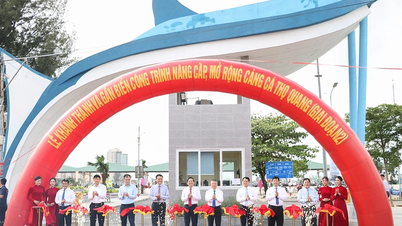






















































































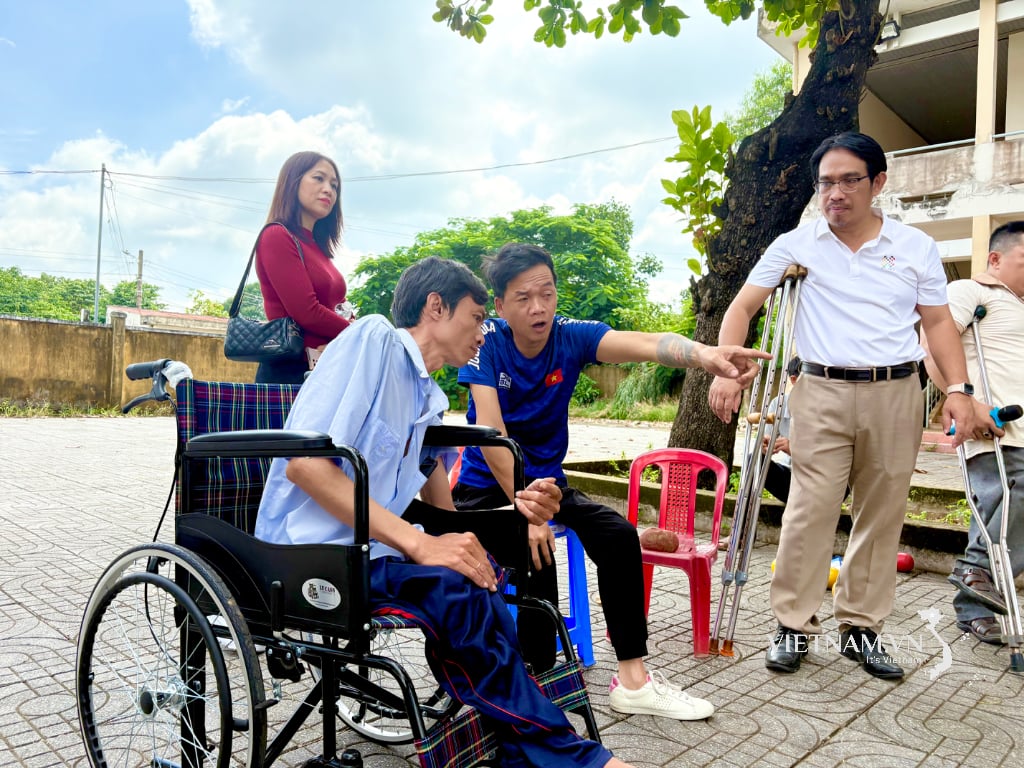


Comment (0)